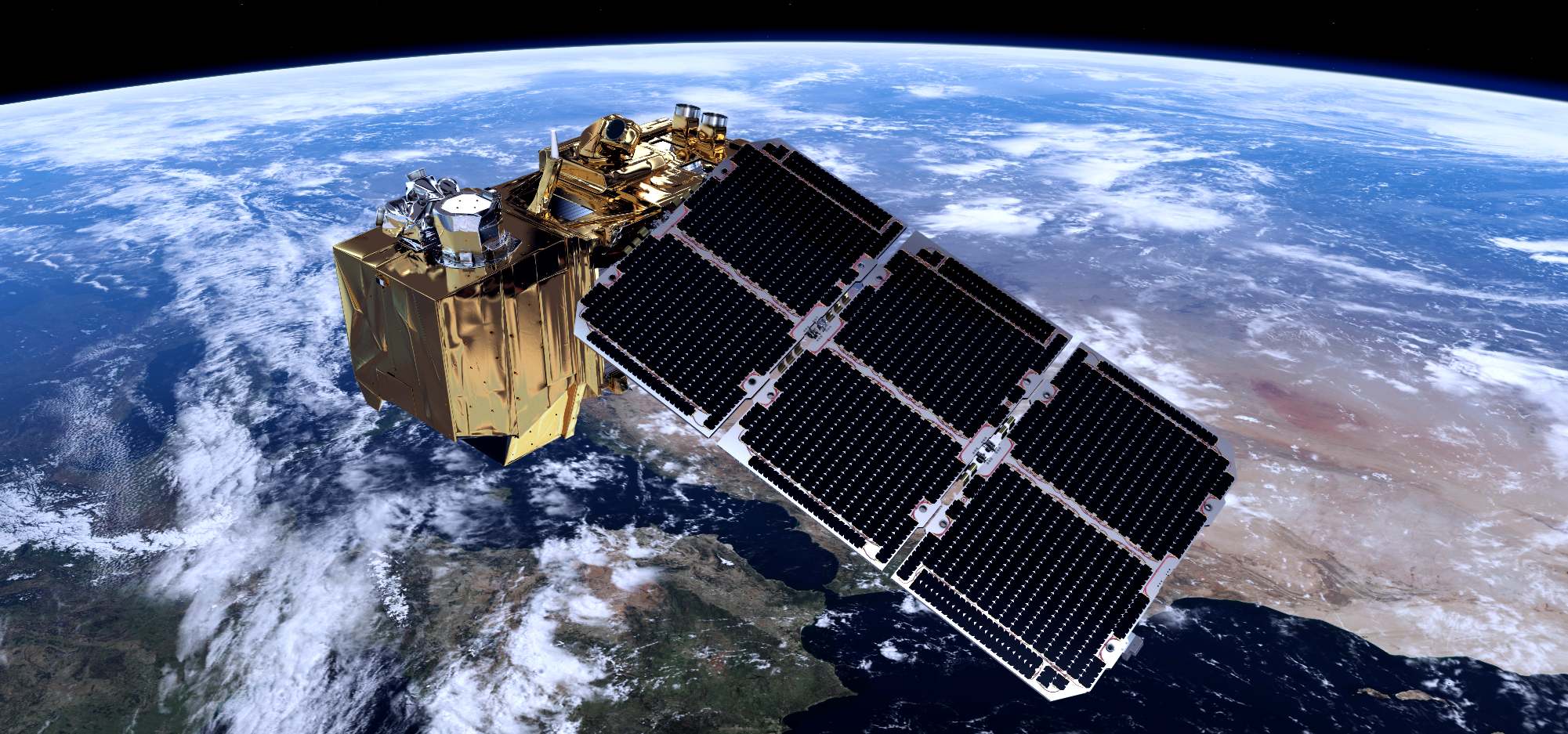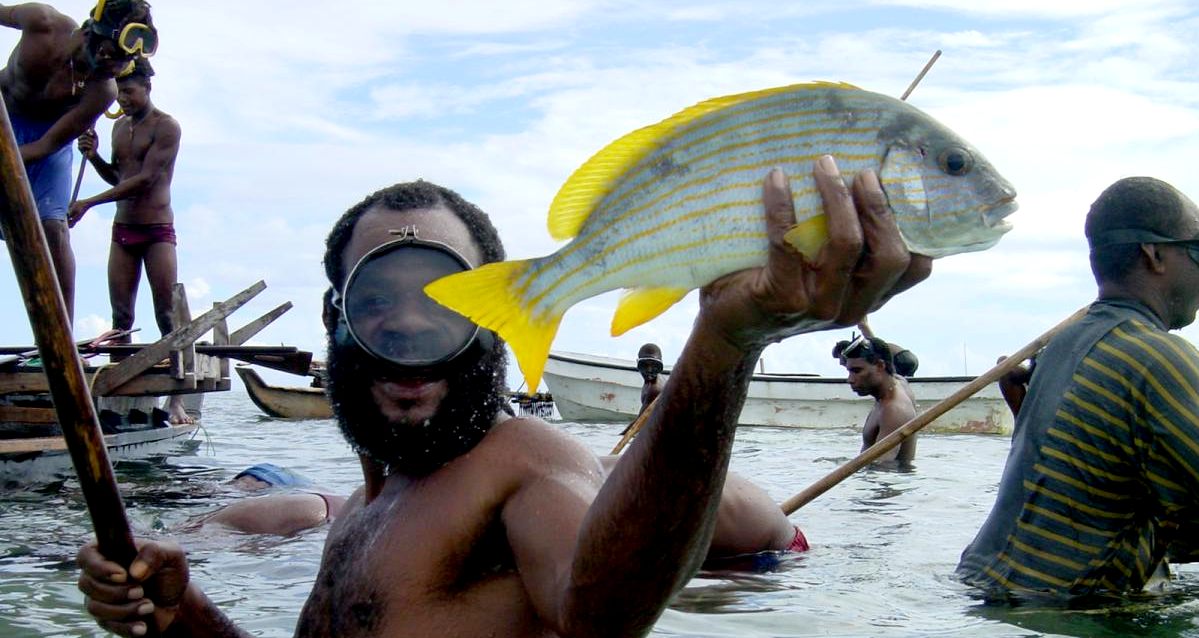|
ESA - EUROPEAN SPACE AGENCY
HORIZON
2020 - 25 November 2013, Countdown to the launch of the
first Copernicus satellite.
....
DWINDLING FISH STOCKS - Food security is a major problem the world will have to face as the available land for to grow crops reduces in competition with land for housing, as the population expands. The situation is far from sustainable and a bubble that will burst. When the bubble bursts it will cause the deaths of millions of people, where additional farming will create more carbon dioxide to heat the climate, making more land barren in a vicious circle that we must take steps to prevent happening. Around 10% of the world (700,000,000 million people) rely on the ocean for food, but in addition to our poor land management record, we are also polluting the seven seas with plastic that is toxic - so reducing the number of fish that we might harvest for food. Satellites, such as those of the European Space Agency and the Copernicus programme, might be used to find ocean waste with further research and development.
THE 'SEAVAX' PROJECT HOLDS THE POTENTIAL TO MAKE A DIFFERENCE IF IT CAN BE APPLIED EFFECTIVELY USING ROBOTICS AND SATELLITES TO GUIDE SOLAR POWERED OCEAN FILTERS TO RIVER AND OCEAN POLLUTION HOT SPOTS. WE ARE SEEKING FUNDING TO BE ABLE TO MANAGE RESEARCH TO ESTABLISH IF OCEAN CLEANING IS A VIABLE OPTION IN THE SEARCH FOR A SUSTAINABLE WORLD ECONOMY.
This website is copyright © Cleaner Oceans Club Ltd (COCL) (Company No: 4674774) January 2017 Solar Studios, BN271RF, United Kingdom. COCL is a charity without share capital. The name Miss Ocean™ is a trade mark of the Cleaner Oceans Foundation™. The name SeaVax™, is a trade mark used under license. Site Navigator
|

